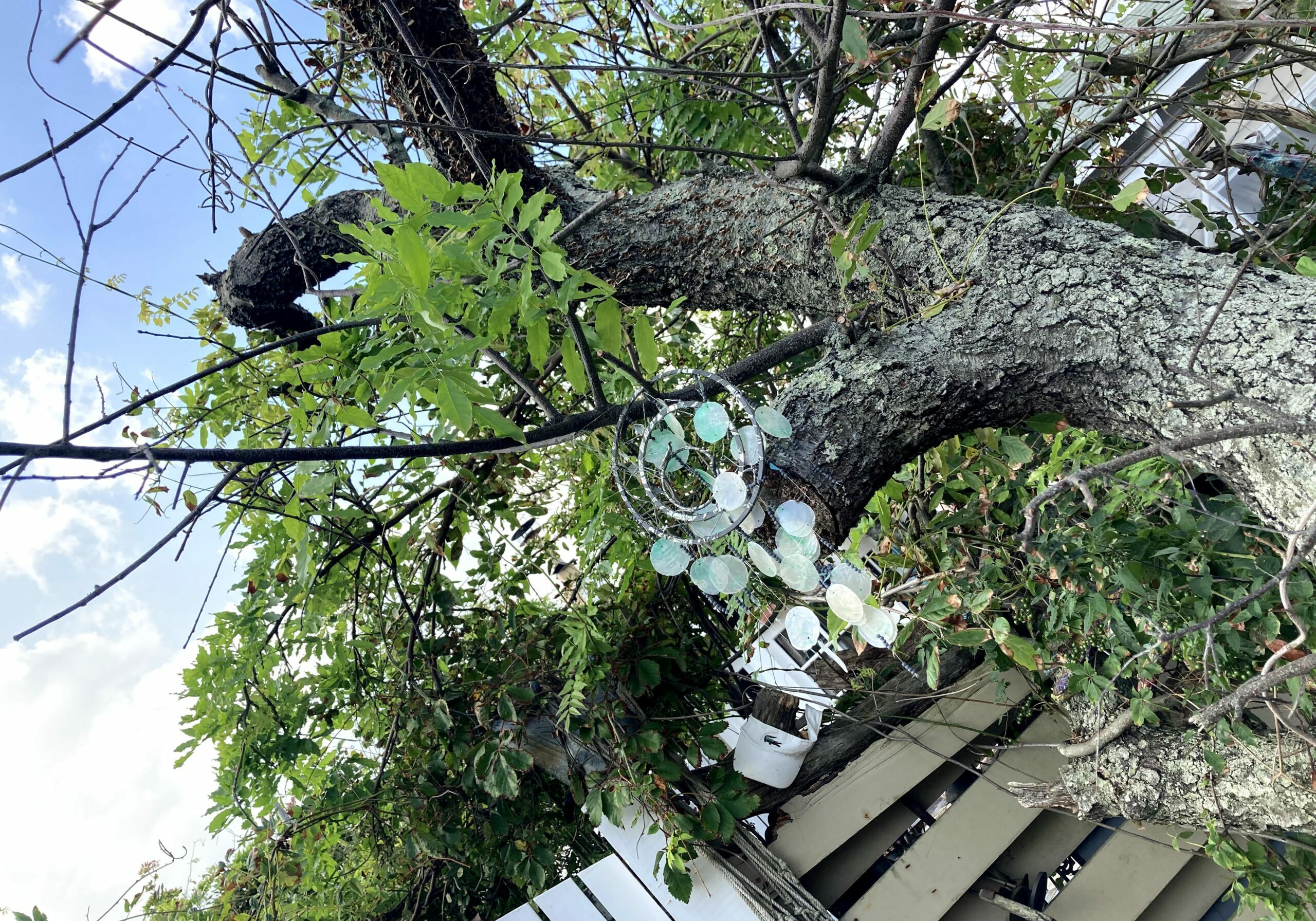July 27, 2023
Let’s just do it right now and be done with it

What do retirement planning, mountain biking and dog training have in common?
Surprisingly a lot.
In retirement planning, financial advisors will tell you to start as soon as possible and take advantage of compounding and time. The earlier you start saving, the less you have to put away.
In mountain biking, instructors will tell you to take a course immediately to learn proper riding techniques. The earlier you do it, the less likely it is you will form bad habits that you then have to break later on.
In dog training, coaches will tell you to introduce leash pressure as soon as the animal resists your lead, rather than waiting until they stop in the middle of the street. The earlier you add tension, the less force it requires.
The commonality here is timing. Success comes from starting things sooner.
This is a universal law of nature. It certainly doesn’t apply to every area of life, like marriage, for instance. Thank god I waited until my early thirties to get hitched. I was barely a functioning adult even back then.
But enough about my personal life. Let’s talk about a popular study about two groups of students.
One group started their assignments on the first day of the school week, the other procrastinated until the night before the exam. Not surprisingly, there was a dramatic change in their perceptions of their tasks depending on what day they started.
Avoided tasks were almost always perceived as dreaded, stressful, difficult, and unpleasant. But once students actually engaged, their ratings of task stressfulness decreased significantly. Things were rarely as bad as they thought.
Many participants even made comments that they wished they had started earlier, as the task was actually interesting, and they thought they could do a better job with a little more time.
It’s proof that once we start something, our attributions of the task change. Once we start, we perceive the work as much less aversive than we do when we’re avoiding it. Even if we don’t finish it, we’ve still done something, and the next day our attributions about ourselves self won’t be nearly as negative. We feel more in control and optimistic and have a greater sense of momentum.
Just like in finance, biking or dog training, the earlier you add tension, the less force it requires.
How early do you start things? What gift could you give yourself by jumping in immediately?
And understandably, personality differences can come into play here. Everybody procrastinates to some degree, although not everybody is a procrastinator. It all depends on how high you index on conscientiousness.
There are some people who are simply never going to start anything earlier. They’re just not wired that way. And that’s okay.
But for those of us who are looking to build a bias towards output and err on the side of sooner, here’s my recommendation.
If you notice the procrastinatory urges welling up inside of you, and you get the feeling you’re about to needlessly delay a task, let that be your stimulus to just get started.
Remember, action absorbs anxiety, so you may as well channel your aversive energy towards execution. Take action so quickly that the fear doesn’t have time to slip in.
I practice this with household chores like taking out the recycling, folding laundry and washing dishes. When I walk into the kitchen and notice a stack of dirty plates, a pile of sweaty clothes or the overflowing bin of trash, here’s the conversation inside my head in that moment.
Ugh, alright, screw it, this will take me five minutes, so let’s just do it right now and be done with it.
Please note, that’s not an insignificant productivity victory. It may not be the most elegant narrative, and I’m sure cognitive behavioral therapists have a cleaner way of reframing avoidance.
But in my experience, practicing this five minute screw it rule cements your mindset that pays dividends in more significant areas.
Because you start to lock into the habit of adding tension earlier so less force is required later.
Think about, how it much harder does laundry seem when you’ve been avoiding it for three weeks? The negative momentum can paralyze you. Even though the task hasn’t changed. Only your perception of it has.
Whereas if you get things moving earlier than you want to, your work only seems to get easier from there. And if you trust that on the other side of undesirable action is a positive outcome, then it almost becomes fun.
It’s sort of a game. Let’s see how much shit I can eat on the frontend, if only to make life easier later on.
It’s amazing how you can take advantage of compounding and time. You just have to get over that initial hump.
If you want to build a bias towards output and err on the side of sooner, try some variation of the five minute screw it rule.
Add a little surrender, a little indifference, even a little nihilism to your mindset, and see if it motivates you.
If it doesn’t work, feel free to let your tax return from three years ago collect dust under a pile of stinky laundry.
How much downstream force can you eliminate by adding tension earlier?

